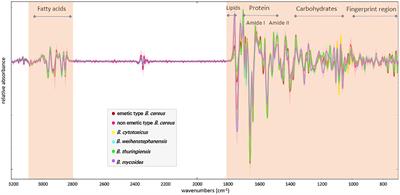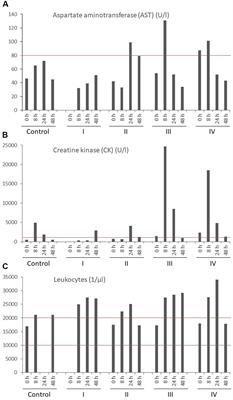ERRATUM
Published on 03 Jul 2019
Erratum: Large-Scale Genomic Analyses and Toxinotyping of Clostridium perfringens Implicated in Foodborne Outbreaks in France
doi 10.3389/fmicb.2019.01564
- 988 views
- 1 citation
18k
Total downloads
91k
Total views and downloads
ERRATUM
Published on 03 Jul 2019
REVIEW
Published on 12 Jun 2019

ORIGINAL RESEARCH
Published on 26 Apr 2019

ORIGINAL RESEARCH
Published on 17 Apr 2019

ORIGINAL RESEARCH
Published on 12 Feb 2019

ORIGINAL RESEARCH
Published on 07 Jan 2019

ORIGINAL RESEARCH
Published on 07 Nov 2018

ORIGINAL RESEARCH
Published on 26 Sep 2018

ORIGINAL RESEARCH
Published on 23 Aug 2018

ORIGINAL RESEARCH
Published on 17 Aug 2018
